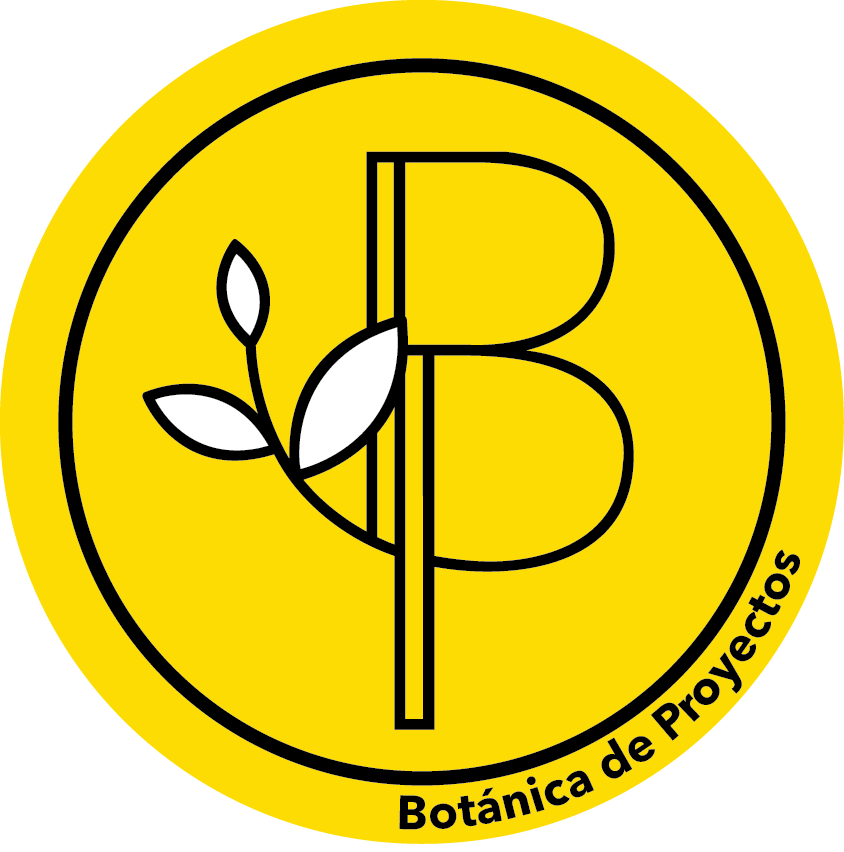25N Interview to Ambra Reijne
#16daysofactivism campaign as part of the 25 November International Day for the Elimination of Violence against Women.
“I have been working with NGO's since 2016, developing communication strategies for human rights and during this time I specialized myself in conscious communication with a decolonial stance and gender perspective, while completing a Master's Degree in International Media Studies, Power and Difference.” Ambra expresses.
Italian-Dutch filmmaker Ambra Reijnen co-directed two profound feminist films: “Galatée à l'Infini” (2017), a multi-award-winning short film that problematizes the male gaze on the female body, and the feature-length documentary “Junax, thread by thread” (2019) shot with a group of female weavers from a Tzeltal community in the Highlands of Chiapas, Mexico, where you can admire their resilience facing challenges women encounter in daily life. “As a film editor, I love joining projects that move me.”
The filmmaker narrates her fascination with cinema was part of her since she was little, as well as a sensitivity to injustices. “I remember being in front of the television when I was 5 years old, and wishing my breasts would never grow when I saw a rapper surrounded by women in bikinis”.
Being a girl with an Italian accent living in the Dutch periphery, I felt like I was different.
Now I can name what I felt back then: both culturally and gender-wise I felt the “otherness.” This meant that from a very young age I could easily empathize with other groups that were also (and even more than me) affected by this condition.
For Ambra, her greatest passion has always been music. She used to write stories in her childhood, dreaming of being able to share this stories through music.
I wrote a lot of songs, and I remember that around the age of 10 I started playing with the idea of being a film director when I grew up, but it wasn't until I was 19 that I really accepted this dream as well as music.
Reijnen explains that the wage gap is also present in the cinema industry. “The projects that receive major funding are directed by men, especially in fiction. In the documentary it is much more equitable, but it is precisely in this area where less money invested.”
For Ambra, the obstacles for women in the creative industry are not only external, “I feel that the imposter syndrome is more present in women (…)”.
“Unfortunately we have internalized limiting beliefs about ourselves, another ‘little gift’ from patriarchy, which makes us doubt excessively, and even paralyzes us.”
When asked Ambra how her work as a filmmaker can help reverse issues such as: violence against women, improving representation and diversity of women on screen as well as the work of women in the film industry. This was his response:
“The fact of continuing making films as a woman is already a way of taking position and action. More women in cinema also means that there are more perspectives that question the hegemonic gaze, and it gives us the opportunity not only to tell more stories about and with women, with all their diversities, but also to tell them in another way. We break stereotypes, turn clichés around and expose uncomfortable topics for patriarchy. Discharges, diverse bodies, forbidden fantasies and everything that the patriarchal eye never wanted to see, now has the opportunity to come to light, thanks to the impetus of film by those people with views distant from the hegemonic hetero-patriarchal perspective.
To conclude, Ambra shared the following: “I believe that all people can become allies in the fight for a diverse world. Often, we exert all our efforts to change the opinions of others. However, I believe that what can contribute the most to the world is the inner fight: an awareness that there is no such thing as an objective view, a critical self-reflection of one's own position in the world along with a sincere will to want to look inside ourself and deconstruct our own prejudices, are one of the most valuable things that a person can give to the world. This not only helps women, but all groups that have historically played a subaltern role.”


